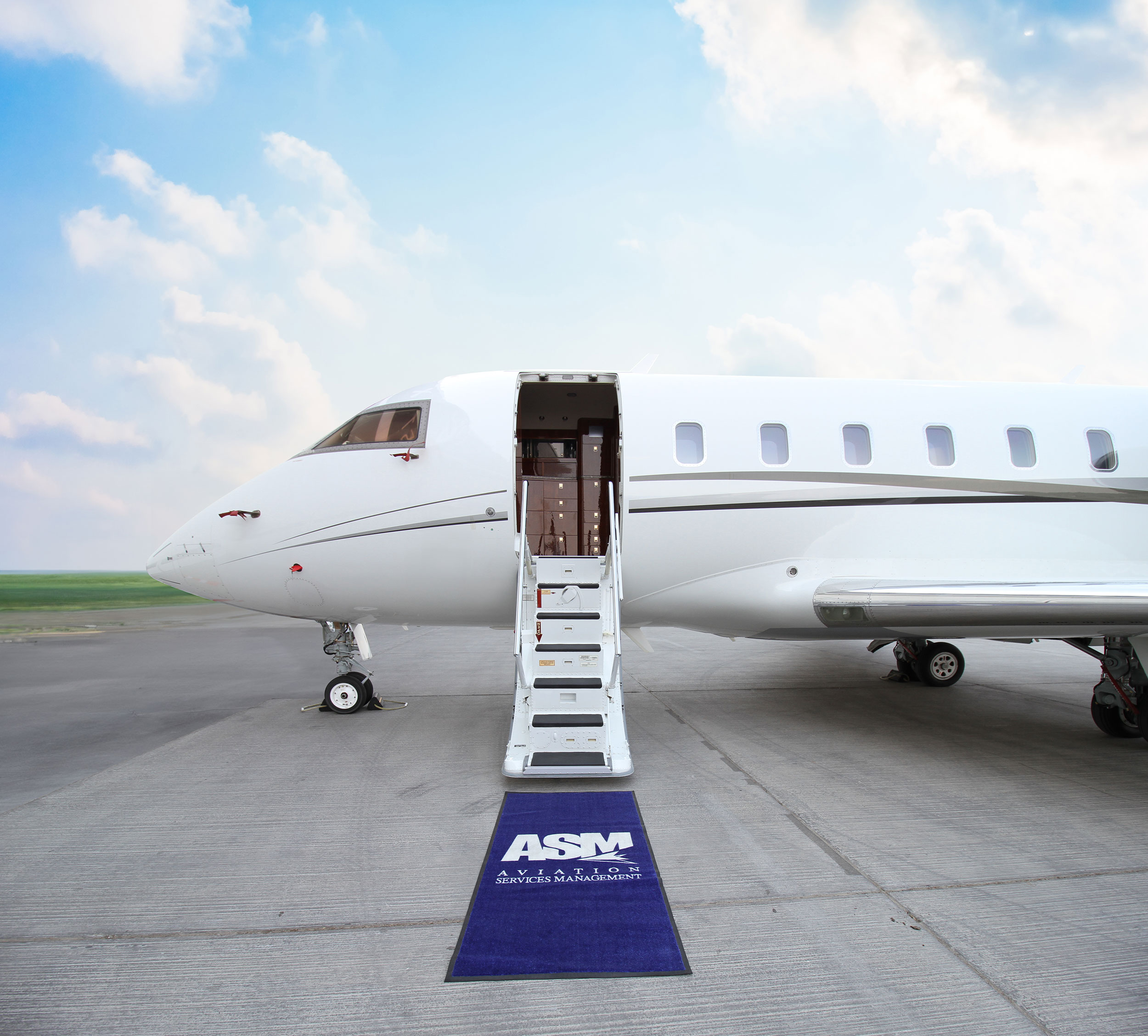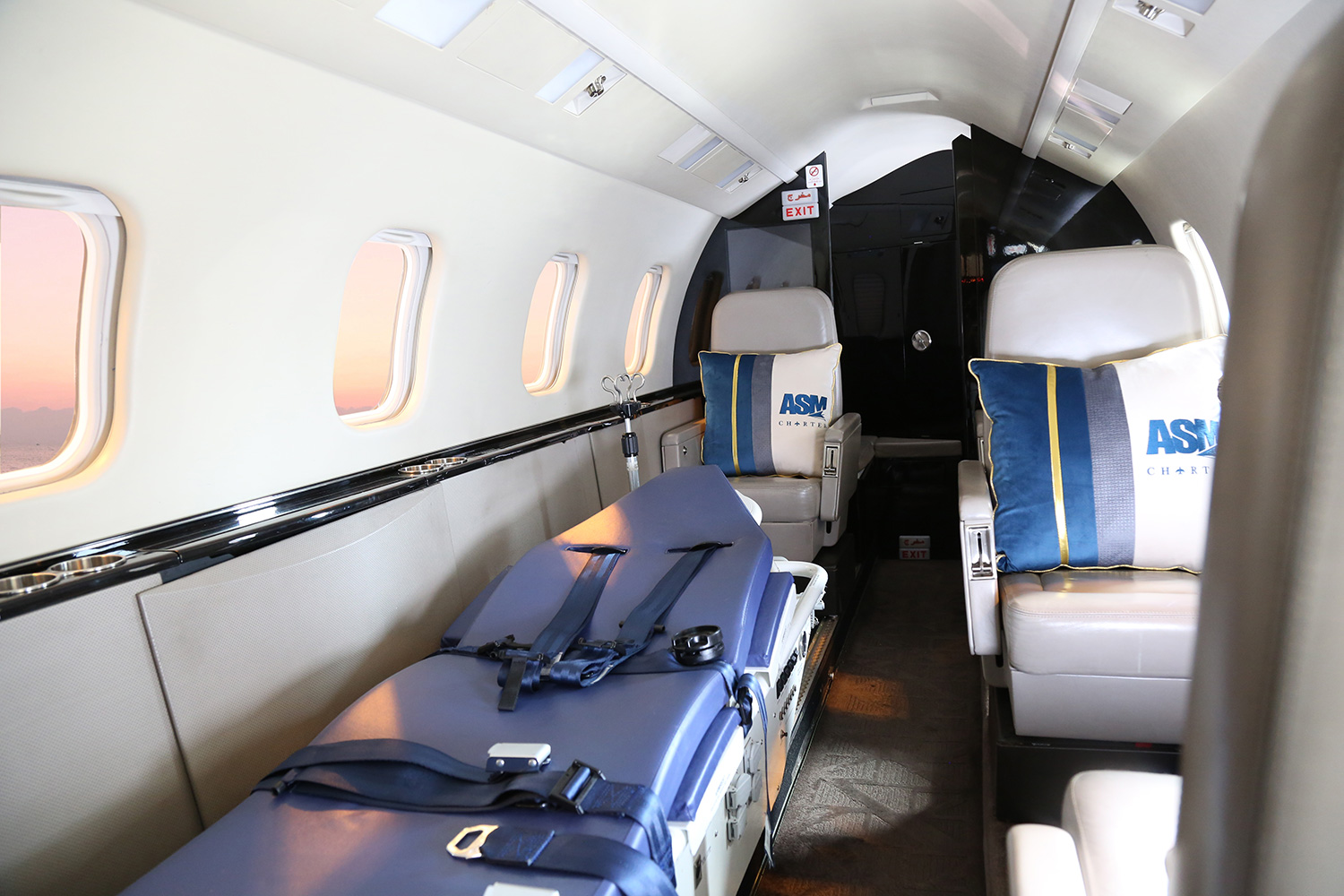When most people think about booking a private jet, they focus on the aircraft: cabin size, range, Wi-Fi, catering, maybe the tail number.
Table of Contents
But behind every smooth flight is another critical decision you rarely see on the itinerary: the choice of FBO – the Fixed Base Operator that handles your aircraft, passengers, and crew on the ground.
And the person quietly making sure you get the right FBO for each mission? Very often, that’s your charter broker.
What Is an FBO and What Do They Actually Do?
An FBO (Fixed Base Operator) is essentially your “home base” at the airport for private aviation. It’s where:
- The aircraft is handled, fueled, and parked
- Crews coordinate with ground teams and authorities
- Passengers arrive, clear formalities, relax, and board
Typical FBO services include:
- Ground handling (marshalling, pushback, loading/unloading baggage)
- Fueling and fuel management
- Passenger and crew lounges
- Customs, immigration, and quarantine (CIQ) coordination where applicable
- Crew transport and hotel arrangements
- Catering and last-minute requests (flowers, special meals, newspapers, etc.)
In short: the aircraft may be the star of the show, but the FBO is the entire backstage crew. If the FBO doesn’t perform well, the whole experience suffers.
Why the Choice of FBO Really Matters
Not all FBOs are created equal. Two facilities at the same airport can deliver very different results in terms of safety, speed, and service – and that directly affects your trip.
1. Safety and Compliance
A good FBO isn’t just “nice”; it’s professional and disciplined. The way they handle the aircraft on the ground is part of the safety chain.
Things that matter behind the scenes:
- Proper ramp procedures and marshalling
- Trained and certified ground staff
- Correct use of ground support equipment (tugs, GPUs, belt loaders, stairs, etc.)
- Adherence to airport and regulatory rules
- Secure perimeter and controlled access to the aircraft
For owners and frequent charterers, working consistently with reputable FBOs reduces risk – especially at unfamiliar or challenging airports.
2. Operational Efficiency and On-Time Performance
An efficient FBO can be the difference between an easy turn and a chain reaction of delays.
An experienced, well-equipped FBO will:
- Plan the stand/parking position appropriately for your aircraft type
- Coordinate fuel uplifts in sync with your schedule
- Handle baggage swiftly and carefully
- Support quick turnarounds for tight slots or back-to-back legs
- Liaise with ATC, airport authorities, and your crew during disruptions
Poor coordination on the ground can easily lead to: late departures, missed slots, extra holding, and crew duty time issues. All of that costs money and reputation – which is why serious operators and brokers pay close attention to FBO performance.
3. Passenger Experience and Privacy
For the passenger, the FBO is the first and last physical touchpoint of the journey.
A well-chosen FBO can offer:
- Private, discreet arrival and departure away from busy main terminals
- Fast security and CIQ processing
- Comfortable lounges with Wi-Fi, refreshments, and meeting rooms
- Chauffeur drive access right to the aircraft steps (where permitted)
- Assistance with luggage, ground transport, hotel confirmations, and more
For VIPs, UHNWI, and corporate teams, this environment isn’t just about luxury; it’s about saving time, protecting privacy, and reducing stress.
4. Cost Control and Transparency
Ground handling charges, fuel prices, parking fees, de-icing, security – all of these vary from one FBO to another, even on the same field.
A smart FBO choice can:
- Optimise handling and parking costs
- Improve fuel pricing through established relationships
- Avoid hidden charges and “surprises” after the trip
- Balance cost vs. convenience (for example, using a slightly further stand with lower fees when it doesn’t affect the passenger experience)
For aircraft owners and charter clients, this can significantly influence the total trip cost over time.
5. Support During Irregular Operations
Weather, airspace restrictions, technical issues, crew duty limits – disruptions happen.
In those moments, the FBO becomes mission-critical:
- Helping arrange new slots or stand changes
- Supporting aircraft maintenance teams or AOG engineers
- Re-booking hotels and ground transport for passengers and crew
- Keeping communication flowing between operators, authorities, and your charter broker
When things go wrong, the “quality” of the FBO becomes very visible very quickly.

What Makes a Good FBO? Key Factors to Consider
From an operator or charter broker’s perspective, choosing the right FBO is a structured decision, not guesswork. Some key criteria:
Location and Airside Access
- Proximity to runway and taxi times (especially at busy hubs)
- Ease of access for vehicles and passengers
- Availability of VIP or GA terminals vs. using the main terminal
Facilities and Ground Support
- Range and condition of ground support equipment (GSE)
- Hangar space availability (important for overnights or bad weather)
- De-icing capabilities in winter climates
- Secure storage areas for luggage and special cargo
CIQ and Regulatory Handling
- On-site customs and immigration vs. remote facilities
- Experience handling diplomatic, medical, or sensitive flights
- Familiarity with local aviation and airport rules
- Short, predictable processing times for passengers
Passenger Amenities
- Quality of lounges, meeting rooms, and rest areas
- Availability of showers, quiet rooms, prayer rooms, or family spaces
- Catering options and ability to handle special dietary requirements
- Concierge support for hotels, restaurants, and local logistics
Crew Services
- Dedicated crew lounges and rest areas
- Transport to and from hotels
- Assistance with crew visas, clearances, and documentation
- Laundry, catering, and planning support for long rotations
Safety Culture and Reputation
- Staff training and turnover
- Safety certifications and audits (where applicable)
- Feedback from operators, crews, and brokers
- Incident history and transparency
A charter broker or flight support provider will have a mental (and often documented) checklist that covers these points for each FBO they use.
The Charter Broker’s Role in FBO Selection
From a client’s viewpoint, the FBO is rarely something they choose themselves. That’s where charter brokers come in.
A good broker acts as the bridge between:
- The client’s expectations
- The operator’s constraints
- The airport’s realities
- And the FBO’s capabilities
1. Translating Client Needs into Operational Choices
The broker starts with understanding the mission:
- Is it a high-profile VIP flight requiring maximum privacy?
- A corporate shuttle with tight timing and multiple legs?
- A leisure trip where seamless ground transport and baggage handling are key?
Based on this, the broker works with operators and FBOs to choose the best option at each airport – not just the closest, but the most suitable for the trip profile.
2. Using Relationships and Experience
Brokers work across many airports and see patterns over time:
- Which FBOs are consistently reliable and professional
- Which ones excel with VIP, VVIP, and diplomatic flights
- Which are flexible and solution-oriented during disruption
- Where fuel pricing and handling fees are reasonable vs. excessive
This accumulated experience is one of a broker’s biggest advantages. They don’t rely only on brochures; they learn from real missions, crew feedback, and client reports.
3. Comparing Options and Negotiating
At airports with multiple FBOs, a broker may:
- Request quotes and services from more than one provider
- Compare handling, parking, and additional service fees
- Negotiate better terms, especially for repeat or multi-leg trips
- Advise the client or operator on the best value vs. cheapest option
The objective is not always to choose the lowest-cost FBO, but the one that offers the best combination of safety, service, and price for that mission.
4. Coordinating Special Requests
Many private flights have unique requirements, for example:
- Red-carpet arrivals, press-free movement, or security details
- Medical flights with specific boarding/ambulance arrangements
- Pets, sports equipment, sensitive cargo, or special catering
- Religious or cultural requests that need extra sensitivity
The broker ensures the chosen FBO understands these details well in advance and can deliver them on the day, not just promise them in an email.
5. Monitoring the Flight Day and Acting as a Single Point of Contact
On the day of operation, the broker is often the central point joining all the dots:
- Tracking the flight and coordinating any schedule changes
- Staying in touch with the crew, FBO, and ground transport
- Keeping the client informed in simple, clear language
- Intervening quickly if something isn’t up to standard
For the passenger, this looks like everything “just happening” on time. Behind the scenes, it’s the broker and FBO working in sync.
How Brokers Evaluate and Maintain Their FBO Network
Trusted charter brokers don’t select FBOs randomly for each flight; they build a curated network and review it regularly.
Their process might include:
- Internal rating systems based on feedback from crews and clients
- Periodic visits or virtual reviews of facilities and procedures
- Monitoring safety, service quality, and incident reports
- Updating preferred FBO lists by region or airport
- Establishing contingency options at alternate airports
This ongoing evaluation means that when you ask your broker, “Where will we be handled?”, the answer is backed by data and experience, not guesswork.
Questions You Should Ask Your Broker About FBOs
If you’re a charter client, aircraft owner, or PA booking flights, it’s perfectly reasonable to ask your broker about FBO choices. For example:
- Which FBO will we be using at each airport, and why?
- Is there a private GA/VIP terminal, or will we go via the main terminal?
- How does the FBO handle customs and immigration – what should we expect on arrival/departure?
- What facilities are available for passengers (lounges, meeting rooms, showers, etc.)?
- How are ground handling and FBO costs built into my charter price?
- What happens if there’s a delay, diversion, or weather disruption – who looks after us on the ground?
A professional broker will be able to answer these clearly and, if needed, propose alternatives when your needs change.
The Best Outcomes Come From Collaboration
The smoothest private flights happen when three parties collaborate well:
- The operator/crew, who are responsible for the aircraft and flight safety
- The FBO, which manages everything on the ground
- The charter broker or trip support partner, who aligns everyone with the client’s expectations
When they share information early (schedules, passenger profiles, special requests) and stay in close communication, the result is what every client wants:
- Simple, fast arrivals and departures
- No surprises in cost or process
- A calm, secure, and comfortable environment
- A feeling that “everything is under control” from tarmac to sky
Conclusion: FBO Choice Isn’t a Detail – It’s a Strategic Decision
It’s easy to see the aircraft and overlook the FBO. But in business aviation, the FBO you use can shape everything from safety and on-time performance to passenger experience and total trip cost.
Charter brokers play a vital, often invisible role in this equation. They evaluate, select, negotiate, and coordinate with FBOs worldwide so that, as a client, you don’t have to think about marshallers, fuel uplifts, or CIQ queues – you just experience a smooth journey.
Next time you book a private flight, it’s worth asking:
- “Where will we be handled?”
- “Why that FBO?”
The answer will tell you a lot about the broker you’re working with – and how seriously they take every detail of your trip.
For further information, please contact:
Aviation Services Management FZE
Suite 217, 8WB, DAFZA, P.O. Box 293684, Dubai, UAE
Tel: +971 4 4097755
Email: pr@asm.aero
Contact Us





















